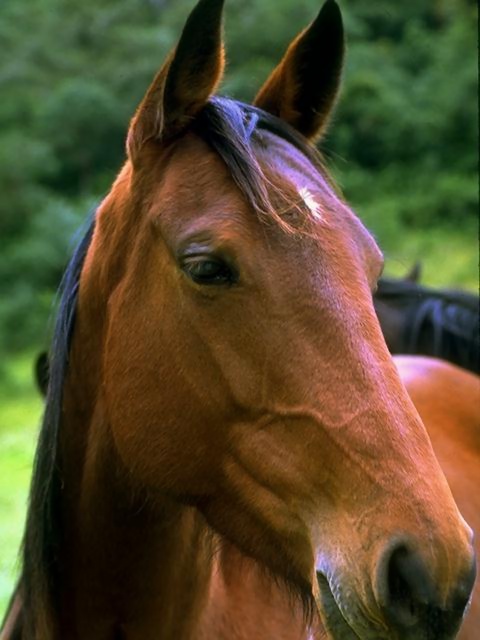
Wednesday, August 21, 2019 - LINCOLN, Neb. - The Nebraska Department of Agriculture has confirmed a case of Vesicular Stomatitis in a horse in Lincoln County.
VS is a viral disease which primarily affects horses and cattle, but can also affect sheep, goats and swine. The disease is characterized by fever and the formation of blister-like lesions in the mouth and on the dental pad, tongue, lips, nostrils, hooves and teats. When the blisters break, there is usually salivation and nasal discharge. As a result of these painful lesions, infected animals may refuse to eat and drink, which can lead to weight loss. There are no USDA-approved vaccines for VS.
NDA has quarantined the livestock on the affected farm. The farm will remain under quarantine for at least 14 days after the onset of lesions in the last affected animal on the premises.
“Protecting the health and safety of Nebraska’s animals is of the utmost importance in the state,” said State Veterinarian Dr. Dennis Hughes. “Unfortunately, based on VS confirmations in other states and transmission patterns, it was not unexpected to see this disease show up in Nebraska.”
“We want horse and cattle owners to be aware and consider taking precautions, particularly with animals that may be comingling with other animals at events over the next several months especially now that we know the disease is in Nebraska,” Hughes said.
The VS virus is primarily transmitted through the bites of infected insects or midges, so consider treatments to reduce flies and other insects in quarters where animals are housed. VS also can be spread by nose-to-nose contact between animals.
Nebraska has not seen this disease in livestock since 2015. To assist in helping prevent the spread of the disease into the state, Nebraska has placed import restrictions for livestock coming into the state from states that have confirmed VS cases. If you are considering moving an animal into Nebraska from an affected state, please call 402-471-2351 to learn more about the importation order.
Individuals from Nebraska transporting animals to other states should contact the destination state to learn about their import requirements before transporting animals.
“The VS virus itself usually runs its course in five to seven days, and it can take up to an additional seven days for that infected animal to recover from the symptoms,” said Hughes.
Although humans can become infected when handling the affected animals, it rarely occurs. To avoid human exposure, people should use personal protective measures when handling affected animals.
“Freezing temperatures kill the insects that spread the virus, so, until cold weather moves in, VS will continue to be a threat,” Hughes said.
Learn More at this Link